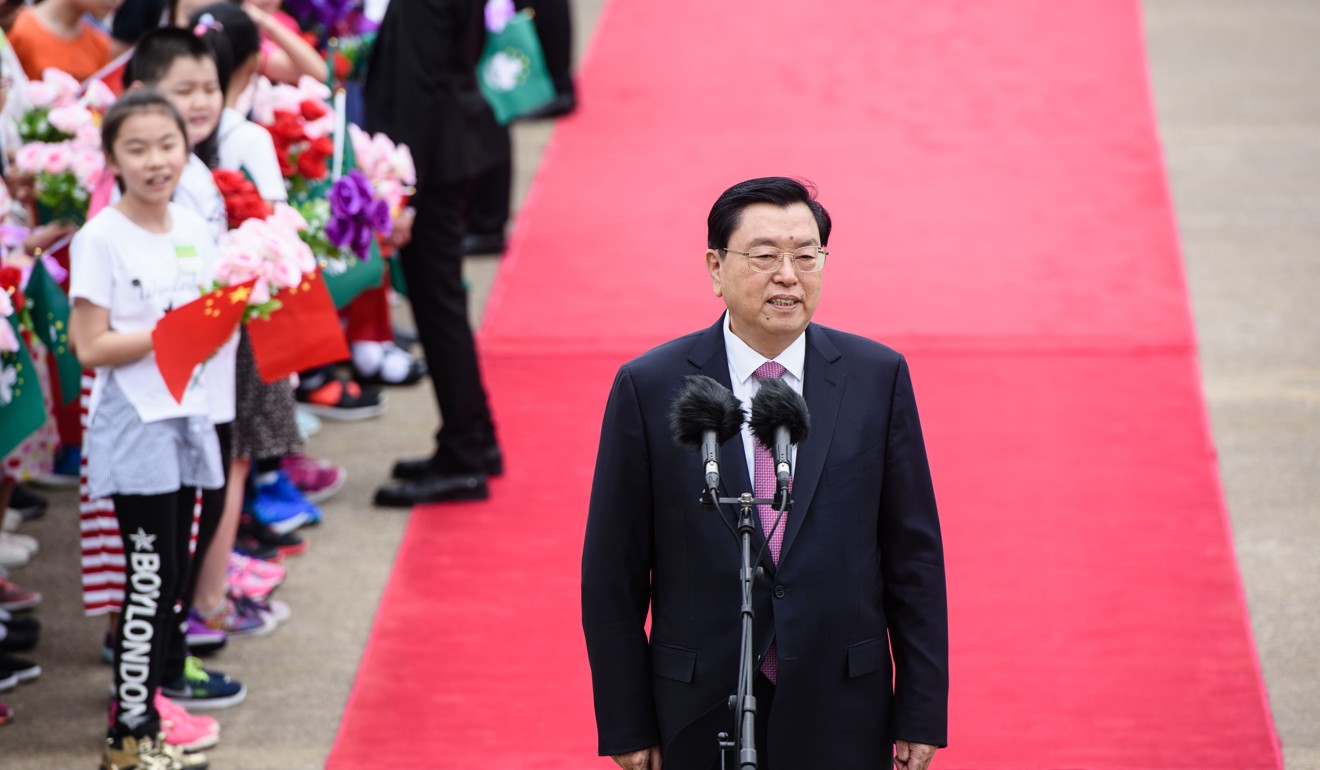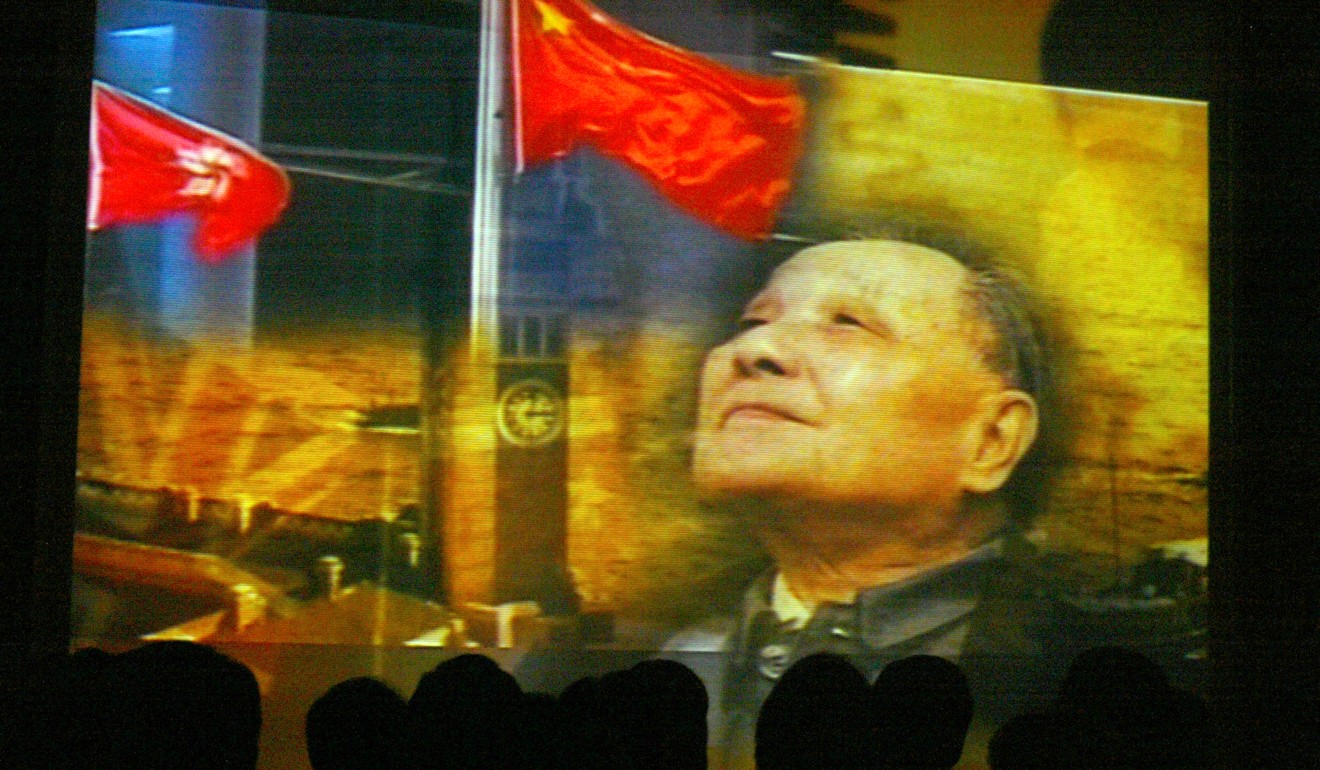
What Qian Qichen and Deng Xiaoping could teach today’s Chinese leaders
Alice Wu says Zhang Dejiang’s veiled scolding of Hong Kong while in Macau was unseemly. In a week that also saw the death of China’s diplomat par excellence, Qian Qichen, the contrast could not be more stark
In any case, tantrums don’t command respect, and Wang’s, “If the model fails, the country will only lose face, but Hong Kong will lose everything” sounds like a tantrum to me. It was petty.

A lecture from Beijing that Hong Kong should not ignore
In Macau, Zhang praised the SAR for being different from Hong Kong, but the people of Macau and Hong Kong have long known that – we are different in more ways than we are similar.
The two special administrative regions do enjoy a special relationship. Both former colonies, but of different colonial masters, the Cantonese we speak and the “one country” we belong to are pretty much the extent of our similarities. And for a long time, we have celebrated our differences. That’s the main reason why we enjoy each other’s company so much.
Macau is no example for Hong Kong to follow, Mr Zhang
We’ve grown used to the “parental” way Beijing exerts its authority over us. And looking at how our “parent” behaved last week in Macau, it begs the question: is parental encouragement of sibling rivalry ever wise? The irony is not lost on us, particularly when Zhang – in one of his veiled criticisms of Hong Kong – extolled educators’ influence because students did not always listen to their parents.
Right. Parenting is a tough job.
Deng and Qian are statesmen of stature. We can only hope that our current leaders learn from these giants, like good pupils would.

How Hong Kong’s political rot started in the 1990s, and the rise of Joshua Wong and his sort
Deng, the architect of “one country, two systems”, said in 1984 that “[w]e should have faith in the Chinese of Hong Kong, who are quite capable of administering their own affairs. The notion that Chinese cannot manage Hong Kong affairs satisfactorily is a leftover from the old colonial mentality.”
Qian, for his part, said in January 2002, when he was vice-premier and facing some very challenging times for cross-strait relations: “We believe there is a difference between the majority of Democratic Progressive Party members and the extremely small number of diehard ‘Taiwan Independence’ elements.”
Remarkable words do come out of remarkable leaders. Tantrums don’t make the cut for exemplary statesmanship.
Alice Wu is a political consultant and a former associate director of the Asia Pacific Media Network at UCLA

